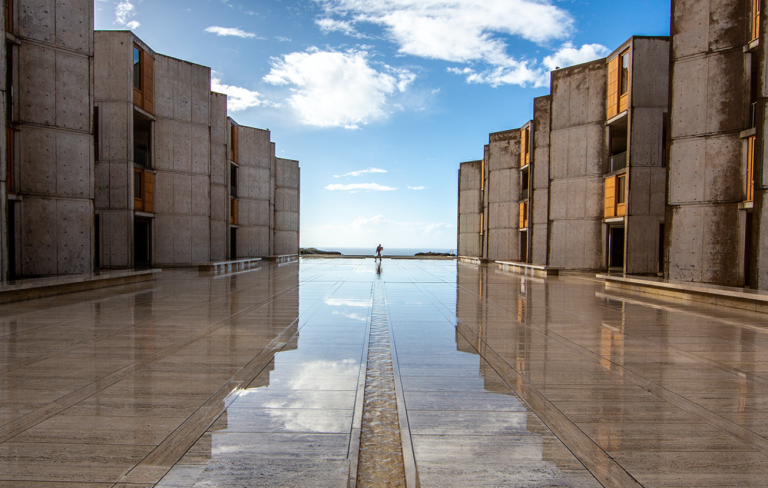Fearing that Jakarta could sink into the sea in the next few years due to climate change, the government is planning to build its new capital from the ground up in a different location, according to the online platform archdaily. Besides the rising sea level the government names further reasons and challenges for the planned move including pollution and traffic congestion.

Jakarta Today: With over 34 million inhabitants, the city is one of the largest in the world. Image via Shutterstock
archdaily writes: “The Indonesian parliament has approved a bill to relocate the capital from the city of Jakarta to a completely new city to be built on the island of Borneo, 1,300 kilometers from the current capital. … As a consequence of excessive groundwater extraction, rapid urbanization, and rising sea levels, 40% of the city is currently below sea level, making it increasingly difficult for the infrastructure to protect the residents. President Joko Widodo proposes an alternative: relocating the administrative center of the country to a new green metropolis, to be named Nunsantara, meaning ‘archipelago’ in ancient Javanese.”
The new city of Nunsantara will be located on the island of Borneo, the world’s third-largest island, shared with the countries of Malaysia and Brunei. According to President Joko Widodo, the city will run on renewable energy and will be optimized for pedestrian traffic and efficient public transportation. In 2019, close to 300 companies vied for the opportunity to develop the master plan for the upcoming capital. Indonesian urban planner Sibarani Sofian was selected. His proposal takes cues from the local climate and terrain conditions, proposing stilted buildings and elevated walkways to bypass the hilly terrain of Borneo and allow for cooling breezes and rainwater dispersal. However, political input is prevalent during the design process.
According to archdaily the man behind this decision, President Joko Widodo, previously served as the governor of the capital city. During this term as governor of the capital city he set out to improve the network of public transportation and to build and raise sea walls. He also proposed the building of artificial islands to protect Jakarta’s shores. All of these solutions prove to be temporary as waters continue to rise. Now his approach has changed, focusing instead on creating a new beginning for Indonesia, a new planned city adapted to the changing climate. In environmental jargon, this strategy is known as “managed retreat.” It represents the purposeful and controlled withdrawal of communities from at-risk land.
Read the full article here.


